Makers Making Change makes accessible devices affordable.
The proliferation of 3D printing and electronic platforms like Arduino have made it easier and more affordable than ever to create novel objects and interactive devices.

The Neil Squire Society, through its Makers Making Change program, is harnessing these technologies to help people with disabilities with their daily tasks and needs.
Makers Making Change, which launched in Winnipeg last November, facilitates connections between makers – engineers and hobbyists with access to 3D printers or knowledge of electronic platforms – and people needing assistive technologies, or occupational therapists and disability professionals who wish to assist their clients.
Through the website, people can submit requests for devices or reach out directly to makers. It also lists a variety of requested open source hardware projects that can be freely downloaded and made at a low cost – breaking down barriers to devices that would otherwise be cost-prohibitive to purchase and have shipped.
“The market can be very expensive,” says Suzanne Winterflood, Winnipeg Regional Coordinator for Makers Making Change. “There’s production, manufacturing costs, and markups for all sorts of things.”
“All of our items are very affordable and very accessible. All that we ask is that people sign up to our website so that we can track everything and be a part of that community.”
Makers Making Change builds upon the legacy of the first assistive device that was made for Neil Squire, who was left a brain-stem tetraplegic and unable to communicate following a car accident in 1980. His family and a group of professionals in Vancouver created a device that allowed him to communicate through Morse code using his breath.
When Squire passed away in 1984, his family founded the Neil Squire Society to continue the creation of accessible, assistive technology to improve the lives of people with disabilities.
The LipSync, which is one of the projects available through Makers Making Change, is based on the original concept designed for Neil Squire and was developed through funding from Google. These devices allow people without the use of their hands to use a mouth-operated joystick to control touchscreens or other standard input devices like keyboards and mice.
“We’ve had over a thousand [LipSyncs] built, and those devices are built by individual volunteers at our group build events,” Winterflood says. “You can order one and it will be sent to you in kit form – and you can connect with the maker… or somebody you know and they can build it for you.”
Other devices listed through Makers Making Change range from the low-tech, like bottle openers, fork holders and signature guides; to the more complex, like a music player for people with Alzheimer’s or dementia, or switch adapters that interface with standard technology.
“All of our items are very affordable and very accessible. All that we ask is that people sign up to our website so that we can track everything and be a part of that community.”
Suzanne Winterflood, Makers Making Change Winnipeg Regional Coordinator
Organizations have also partnered with Makers Making Change to host “build-a-thons” where Makers Making Change supplies the components and instructions necessary to complete projects on a larger scale. One build-a-thon took place as part of the University of Manitoba’s Go ENG Girl event, which encourages young girls to learn about and consider further studies in engineering.
“We had 40 girls in Grades 7 and 9 who were paired with current female undergraduates and engineering students to make a LipSync. By the end of that event, we had 40 LipSyncs.”
In addition, Makers Making Change held a “toy hack” last fall in partnership with the University of Manitoba’s Department of Occupational Therapy.
“[Participants] pulled [the toys] apart under proper instructions given to them by us,” Winterflood says. “They made adaptive switches, which enable the toy to be used by a young person with a disability in the Winnipeg area.”
The website serves as the hub for all future events and one-off project builds; Winterflood matches the project requests with local makers in the area.
“The maker’s time is given voluntarily, and the cost of the materials is the responsibility of the [requester],” Winterflood says.
“We also have a forum as well, so there’s a number of ways in which we can connect to everybody.”
Learn more: makersmakingchange.com
Recipient: Neil Squire Society
Program: Makers Making Change
Grant: $50,000, drawn from the Arnold William and Natalie Riedle Memorial Fund, and from the hundreds of Community Funds held at The Winnipeg Foundation, including the Leonard and Herta Tibelius Fund, the Pay It Forward Fund, and the McIntosh Paterson Fund.
This story is featured in the Spring 2020 issue of our Working Together magazine. Download or view the full issue on our Publications page.



 Health, Wellness & Recreation
Health, Wellness & Recreation